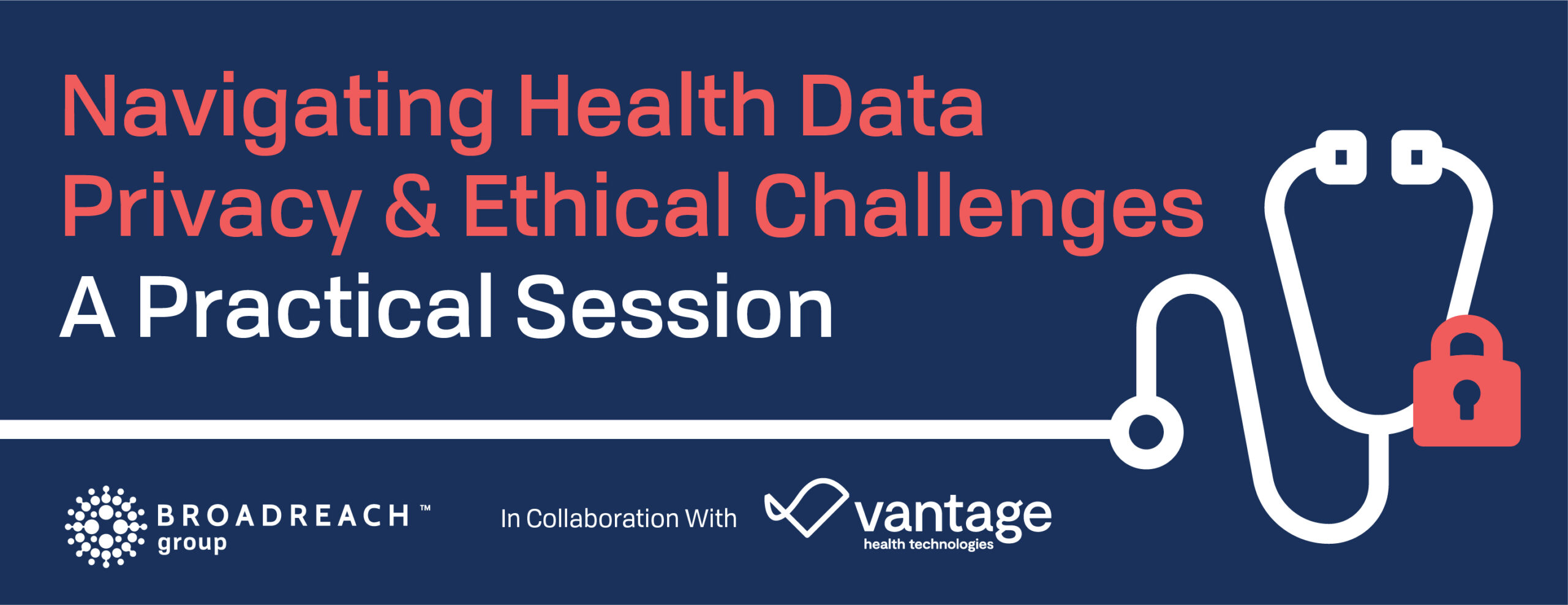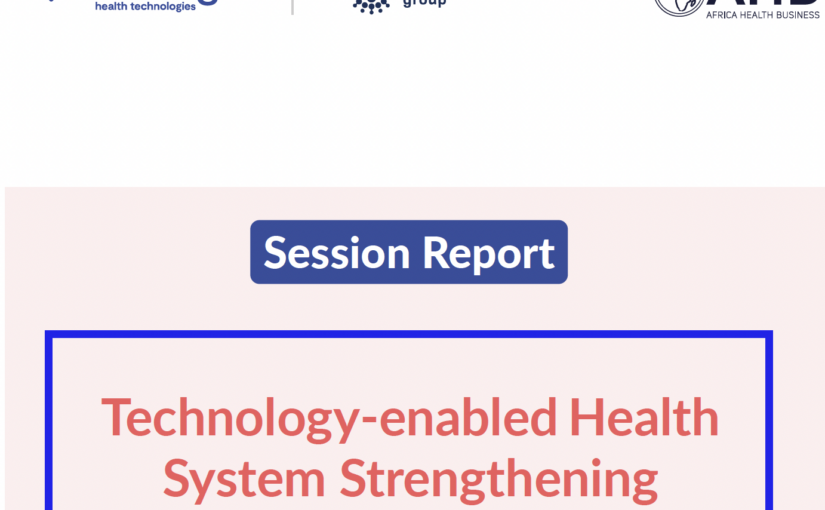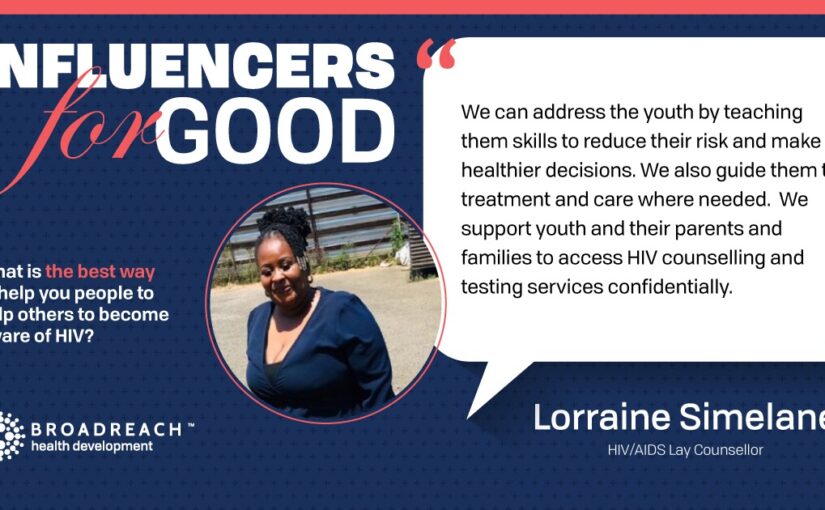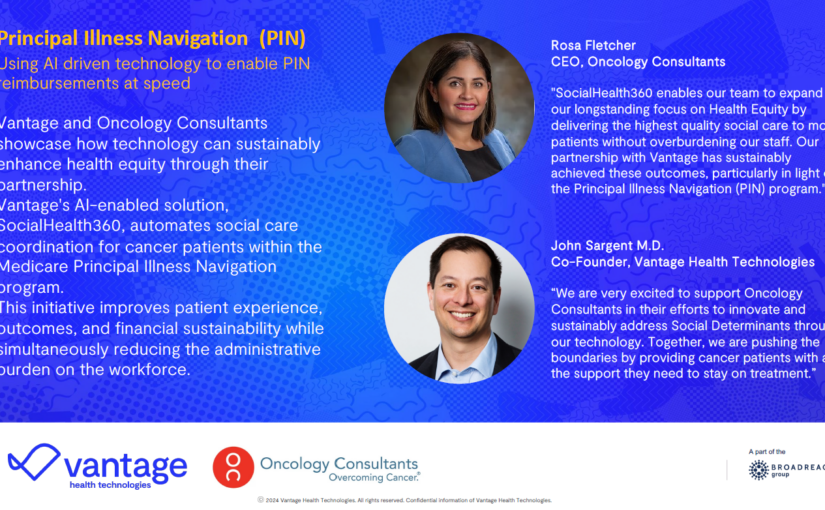Press Release: Community influencers are the unsung heroes of HIV prevention for young women
This International Women’s Day, we turn the spotlight on the unsung community influencers who have made it their life’s mission to reach their peers and bring down HIV prevalence, especially amongst young women.
Dr Ziyanda Makaba, Clinical Specialist for HIV and Paediatrics at BroadReach Health Development says that due to a complex set of factors, women and girls accounted for more than 60% of all new HIV infections in sub-Saharan Africa in 2022.]
Six out of seven new infections among 15-19-year-olds in the region are among girls, but the tide is turning as more young girls are supported through peer networks like the USAID-led DREAMS programme. DREAMS stands for Determined, Resilient, Empowered, AIDS-free, Mentored, and Safe (DREAMS) and is supporting high-risk young women and girls around the country.
Changing the HIV prevention game one community influencer at a time
“We’ve moved away from a one-size-fits-all approach to HIV prevention and care, taking a very human, tailored, and caring approach to bringing down further HIV transmissions in society by 2030. Community ambassadors are making all the difference. We have incredible people in our communities who enable their peers, especially teenage girls, to protect themselves and their loved ones from HIV,” says Goodman Ntshangase, BroadReach Health Development’s Acting District Director of Gert Sibande in Mpumalanga, South Africa. This is one of the districts where BroadReach delivers public healthcare in partnership with USAID and the Department of Health.
“We call these community ambassadors ‘Influencers for Good’. They encourage their friends and neighbours to take preventative measures for HIV, including pre-exposure PrEP, post-exposure PEP, and condoms. They also encourage their peers to get tested for HIV and start taking antiretrovirals (ARVs) if they do test positive. This is very helpful for preventing mother-to-child transmission, because if mothers take ARVs, you can protect their babies from becoming HIV positive,” says Ntshangase.
The power of fighting stigma
Dr Makaba explains that the local ‘Influencers for Good’ do their work within the Differentiated Models of Care framework. “This means you look at the community to identify who is most vulnerable to HIV and reach out to them in ways that empower them in their unique contexts. There is no judgment, patronisation, or shame. These nano influencers make it possible for more adolescent girls to take steps to live happy, healthy lives unhampered by HIV.”
These influencers take client centered approaches to helping people depending on their HIV status. “For someone living with HIV, the goal is to get them to take their ARVs every day so that they can become ‘virally suppressed’, meaning their viral count is so low that it becomes virtually undetectable and untransmittable. Suppose someone is HIV negative but in a relationship with someone who is HIV positive or injecting drugs. In that case, they might be encouraged to take preventative PrEP – a medication that if taken 7 days before HIV exposure, can prevent the HIV-negative person from getting HIV,” says Dr Makaba.
Proof in the pudding: HIV numbers are improving in Mpumalanga
The data shows that influencer interventions, coupled with other community health interventions at clinics, have resulted in huge improvements in HIV rates. In the Nkangala and the Gert Sibande districts in Mpumalanga, where BroadReach and their community brigades have been working for five years, the numbers speak for themselves.
In 2018, 1 520 people were initiated on PrEP and that number has reached 30 094 in the last year. “This tells you our outreaches are working and we’re convincing a lot more people to get onto life-saving preventative medications,” says Dr Makaba.
Mother-to-child (perinatal) transmissions have also halved, thanks to more mothers taking ARVs today than five years ago. “In Year One, 251 HIV+ infants needed ARVs and now we have half that at 124 infants. That means the ARVs that more moms are taking while pregnant are effectively protecting babies.”
Meet Mpumalanga’s Influencers for Good

Lorraine “Lolo” Simelane, from the Mkhondo sub-district in the Gert Sibande area, works as HIV/AIDS Lay Counsellor at Kempville Clinic. “I enjoy connecting to others and helping them through difficult times. We teach the youth to make healthy decisions and get treatment and care if needed through confidential HIV counselling and testing services. I have managed to get 2 000 young people enrolled on PrEP before they started their tertiary education.”
Lorraine “Lolo” Simelane loves getting young people into HIV care

Sabelo Teddy Mosimaka, also affectionately referred to as ‘Coach Mpilo’, works with young people at Ezamokuhle Clinic in the Gert Sibande District. “What inspired me to be a coach is that I have the desire to share my journey with people who are living with HIV and to save lives. I took my inspiration from my mother who was living with HIV for the longest time, and she used to help people to make sure that they get back to care, to be healthy and live their lives as normal as possible.”
“The challenges that young people are dealing with in the community are lack of information, unemployment, lack of support from many community structures and alcohol abuse due to peer-pressure. Young people are open to talking about these issues. They also faced the challenge of service providers in the facilities they visited treating them badly. The best way for young people to help others is to be given a platform to express themselves, a safe corner of information and to be assisted without being judged. I help young people access assistance without being stigmatised.”
Coach Mpilo lives to guide the youth to live happy, happy, HIV-free lives
The road ahead
“Reaching the goal of ending new HIV infections by 2030 is possible. To do this, we need a multi-pronged approach to identifying and protecting our most vulnerable from contracting HIV and ensure those who are HIV+ have access to the necessary treatments to enable them to live long, healthy lives. Community ambassadors are central to this goal,” concludes Dr Makaba.





